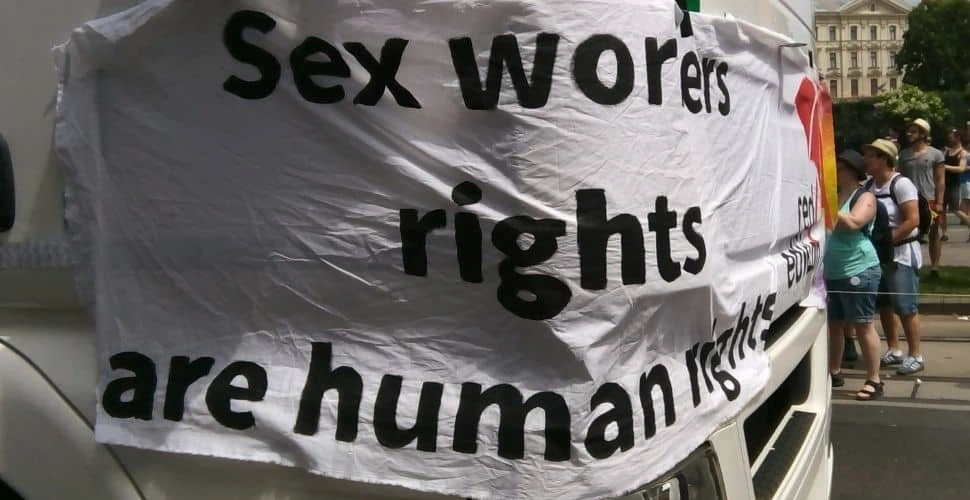New data has exposed how police raids on the sex industry in the U.K., carried out under the guise of clamping down on modern slavery, in fact do not refer trafficking victims for support the majority of the time.
Trafficking victims not referred for support
According to the study, police regularly carry out raids on premises where sex work is believed to be taking place. But data collected via 55 freedom of information requests submitted to police forces in England and Wales shows that in around 69% of these raids, survivors aren’t passed on to services. A quarter of these raids found no trafficking victims at all.
Emily Kenway, one of the researchers based at the University of Edinburgh, explained that police may be mistakenly identifying sex workers as trafficking victims so these workers refuse modern slavery support. In other cases, people who do identify as trafficking victims choose not to go into the National Referral Mechanism – the U.K.’s system for identifying and supporting trafficking victims – “as they know support involves being monitored by statutory agencies and potentially being deported”.
Kenway said:
“It would feel really frightening if a load of police turned up, barged in, started asking questions and searching the place,” Ms Kenway added. “If you think these raids are allegedly happening from a welfare perspective of helping victims, how does that help.
Rights not raids
Though the sale and purchase of sexual services is legal in the U.K., surrounding activities such as solicitation and working together with others indoors are criminalized. A combination of criminalization, a hostile immigration environment, and distressing police raids can deter trafficking victims from wanting to seek support.
[…]politicians are “culpable” for these issues due to “their continued failure to understand” sex work must be decriminalised – adding sex workers have spent decades saying “they need rights – not raid and rescue.”
Researchers say that the public is being misled by the police into believing that these raids are in the best interests of trafficking victims and sex workers, when in reality victims aren’t being found or aren’t being supported in 7 out of 10 raids. Furthermore, police raids are violent experiences that cause distress.
Learn more
When workers are criminalized and pushed into poverty, the risk of trafficking increases. That’s why Freedom United supports the decriminalization of sex work as a means of building resilience to trafficking and exploitation. Learn more about trafficking and sex work here.







Freedom United is interested in hearing from our community and welcomes relevant, informed comments, advice, and insights that advance the conversation around our campaigns and advocacy. We value inclusivity and respect within our community. To be approved, your comments should be civil.
End Slavery